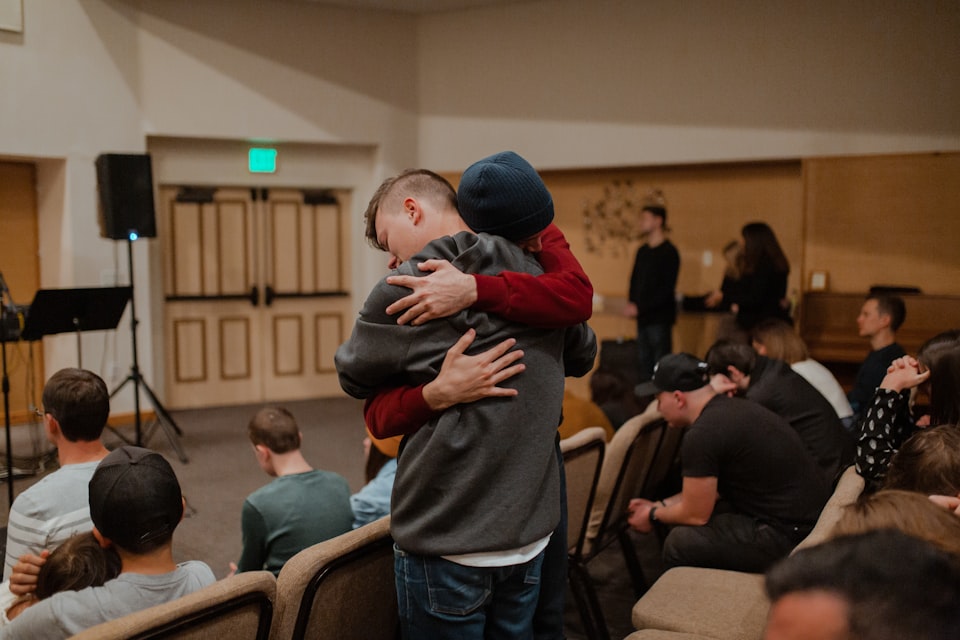Hurt vs. Harm

Standing in your truth will hurt some peoples' feelings.
Stepping outside of it will hurt their feelings just the same.
This is an unavoidable fact of life.
Either route will be hard. The point is you get to wake up everyday and choose the kind of hard you're up for. You get to choose the kind of feedback you have capacity to work with.
You get to choose how to use your voice.
One of the reasons a lot of us quote for staying silent or not using it is that we don't want to cause harm.
We don't want to harm others, or ourselves.
But I think a lot of us are forgetting the nuance of this.
Hurting someone’s feelings and causing them harm are two different things.
Most (conversational) harm involves force & is intentional. The majority of our pain is from missteps & lack of understanding.
There's some overlap, but the majority of these are hurt feelings. Not harm.
At most, when hurt feelings escalate and look like harm, what we're seeing is what happens when someone is triggered.
And here's the thing about that I want to make clear:
Being triggered isn't an assault. It's information.
It's the body telling us to look inward at the wound that someone just touched, so we can become aware of it and heal it.
Being triggered is a normal part of life and a necessary part of healing, but let's not get flippant.
Many people have overwhelmed nervous systems because of their environments.
Many people don't have the tools, skills, support, or capacity just yet to regulate and heal.
When these peoples' nervous systems and experiences get neglected bad things happen. To them and the people around them. This is how the harm spreads.
I've been this person. This life is deafening. It's important to have supportive relationships with people who understand this as we figure our shit out.
Still, triggering someone by existing in your truth isn’t the same thing as harming someone.
No one who triggered me harmed me. They showed me the path to healing the harm that was already caused.
Whether or not I was paying attention wasn't their choice and wasn't ini their control.
When our nervous system is reminded of harm from the past it can scare us. Blind us. Hurt our feelings. It can dysregulate us completely. Cause us to lash out. Bring a lot of shit up, and shut our systems down.
The saddest part is we're usually unaware that it's even happening. Our systems hone in on surviving, not reflecting, in those moments.
Having compassion for the pain your voice is capable of illuminating in someone is a sign of your empathy.
Empathy is also critical for healing, not only as an individual, but in community with others.
My message here isn't to let go of empathy. To wash your hands of responsibility and consider it "their problem".
Trauma is political. Trauma is a community problem. We have shared responsibility in healing for everyone around us, and ourselves.
My message here is simply against overestimating your power and your responsibility. That isn't helping anyone, either.
Add balance to this narrative.
Remember that it is important to know for yourself when you did not cause them the harm they're actually feeling.
To notice when you are reminding their nervous system of a time it was harmed in the past.
To let up on the button you pushed, and let the fact that you let up be proof enough of your character.
To remember that you are not dangerous. You are not bad. This shame is a part of how the harm spreads.
To remember that this could be a gift to them if they are able and choose to use it as such.
And that if they do not choose, or are not able, that was not your doing either.
People shooting the messenger doesn't mean the messenger deserved to be shot.
And while a trauma response is an involuntary reaction to an event, that state does pass.
Afterward, whoever you trigger has a choice for what to do with that material.
Don’t try to control their process. Give them space and/or affirm their autonomy as they work their way through it. This is the most important factor of trauma-informed care.
Apologize if you need to. Offer support if that feels right, but remember that you are not in control of anyone’s healing process but your own.
And you cannot support people in healing who are not ready to heal.
Many people are still not ready to heal.
Show that you mean well, learn what you can, and get out of the way so they can do their work.
Be in community. Have your compassion. But remember what's not your weight.
And finally, love, hear the call to use. your. voice.
Rooting for You,
Tori





Member discussion